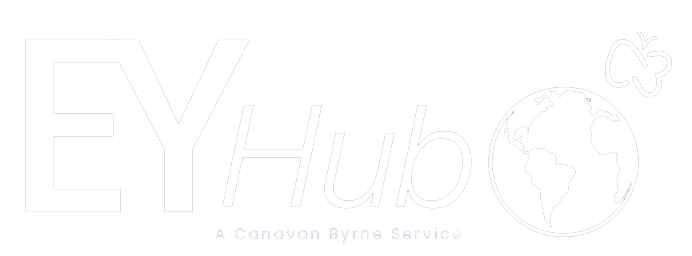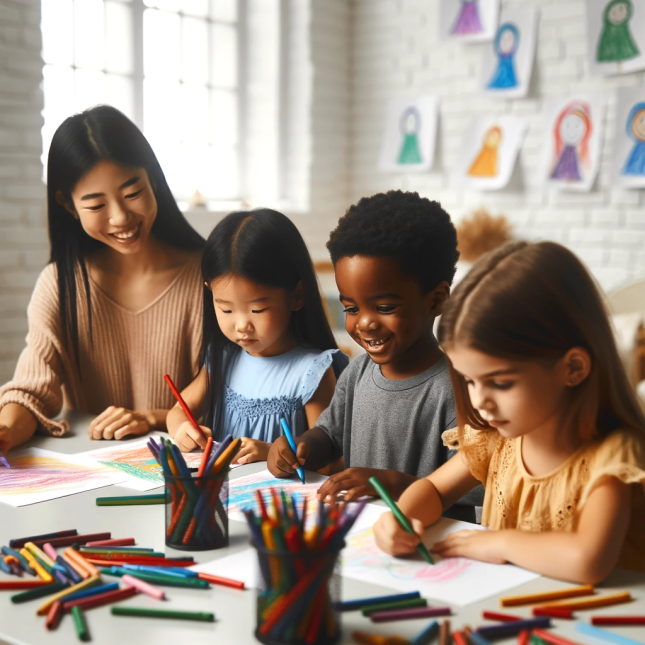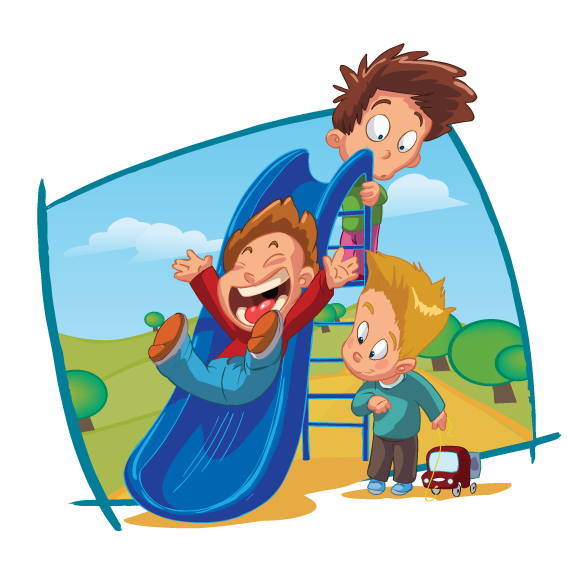As we all settle into a new academic year, it seems that each year brings with it something new, a challenge which despite years of experience, we hadn’t quite envisaged. This year the changes to the ECCE scheme where children can enter at the age of 2 years and 8 months, has changed the dynamics again. Services running more than one session in the morning may have grouped the children by age, leaving a 1:11 ratio of children who are predominantly under 3. This decision will have been made for different reason which is another topic in itself, but today we are going to focus on tackling the challenge as presented.
The classroom has been prepared no doubt many hours of work have gone into this with beautiful environments available to the children. You are all ready to go and then….. The children arrive, half are clinging to their mom’s and dad’s sobbing, the other children are covering their ears’, mom and dad won’t leave because they haven’t seen this behaviour before in any of their other children and can’t understand why it is happening now, the days and first couple of weeks go by, you start to question, reflect and then smile, I’ve got this!
Take a deep breath, reflect and start again! Our children are arriving younger than ever before, some are still in the toddler stage rather than pre-school age. Developmentally they are exactly where they are supposed to be. What we have to remember is that it is ‘all about the child’, not just for those first weeks when our theme is “All about me”, but for the entirety of their time in our settings. The child under 3, has just begun to develop an awareness of other children, and the realisation that the world doesn’t in fact revolve around them. They are egocentric , and more likely to want to play around other children rather than with them. Our expectations and environment therefore need to reflect this. Our confidence will filter through to parents, many of whom are actually struggling themselves with letting go of their precious child. Children sense uncertainty and stress from parents so we can help to support and reassure the parent too.
‘Albert Einstein’ stated “I never teach my pupils, I only attempt to provide the conditions in which they can learn”.
This may resonate with many Early Years Educators. If we can get this right then everything else will fall into place. Building strong relationships with children and their families will ensure that each child develops a sense of identity and belonging from where they can continue to develop and grow. Meeting the child where they are now, and slowing the pace will really help both child and teacher. The word ‘emerging curriculum’ is so common place in our sector now, and we feel so much pressure to prove that we are following every child’s interests, but pause, and observe. Developing independence with confidence is essential to this child, so that’s our focus for them. Positive affirmation, modelling and encouragement will enable this child to gain a sense of achievement from where trust develops and they can move forward and grow.
Other children are so busy, climbing on furniture, taking off shoes and socks just when you have everyone else ready to go out! The focus for this child is patience, modelling and clear and appropriate expectations, whilst allowing plenty of freedom to move, explore, climb, and tinker both indoors and out. If it takes 20 minutes in the first term to get coats and wellies on, take heart, these children are learning life skills and this is part of their curriculum. Children are still in the period of absorbing information with ease from their environment. If we want them to grow up to be leaders, entrepreneurs and creative thinkers, then we need to allow them the time and space to just ‘be’, avoiding the temptation to turn everything into a lesson plan. Just placing items, letters, words, numbers, pre-writing opportunities, books, opportunities to explore, play and move within a carefully prepared environment, enables the child to absorb without effort the knowledge which they will apply to later learning. Reading, nursery rhymes, music and dramatic play are an essential staple of the curriculum for young children. Here children learn that, words have meaning, phonological awareness and pre-writing skills are developed through play in a language rich environment.
This is the age of developing independence. Children are active and busy so provide plenty of opportunities for movement, choices to work on the floor, under a table as well as opportunities to rest. Many children are unable to understand ‘sharing’ but can better understand ‘turn taking’ so this can be introduced slowly for each child. Allowing opportunities for pretend play, where additions of items to the home corner such as a phone, can open up a whole new opportunity for building language, social and emotional skills. Plenty of fine motor skill opportunities in building, nuts and bolts, puzzles, digging, pouring, sieving kneading creates an enabling environment. A variety of materials for ordering by size, shape and texture creates both sensorial and mathematical opportunities.
Repetition and predictable routines are also important to young children. Providing a predictable routine such as free-play, work-time, snack, outdoor time and group time, helps the child to predict what is coming next whilst allowing the teacher the flexibility to extend an activity if children are engaged. A visual schedule works well for children too. Children’s mental health begins at birth so a strong social and emotional curriculum is essential. Exploring feelings and emotions through books, puppets, music and play will help our children to develop into well rounded individuals.
And so now, What about you, the educator? You, who believes that every child deserves your best. Slow down and enjoy. You are more than able to explain your process to parents and inspectors alike, note your observations, and your changes to the environment. It is better to be present with each child and enjoy the moment than wonder ‘where the camera is, and miss out on the connection. Your wall displays can wait! Trust yourself, be your best self, by taking care of you too. Bring with confidence your own strengths and talents to the classroom whilst remaining ever conscious of areas which can be improved.
In essence Just be you! Have a wonderful year.
From all of us at Canavan Byrne and the Early Years shop!




